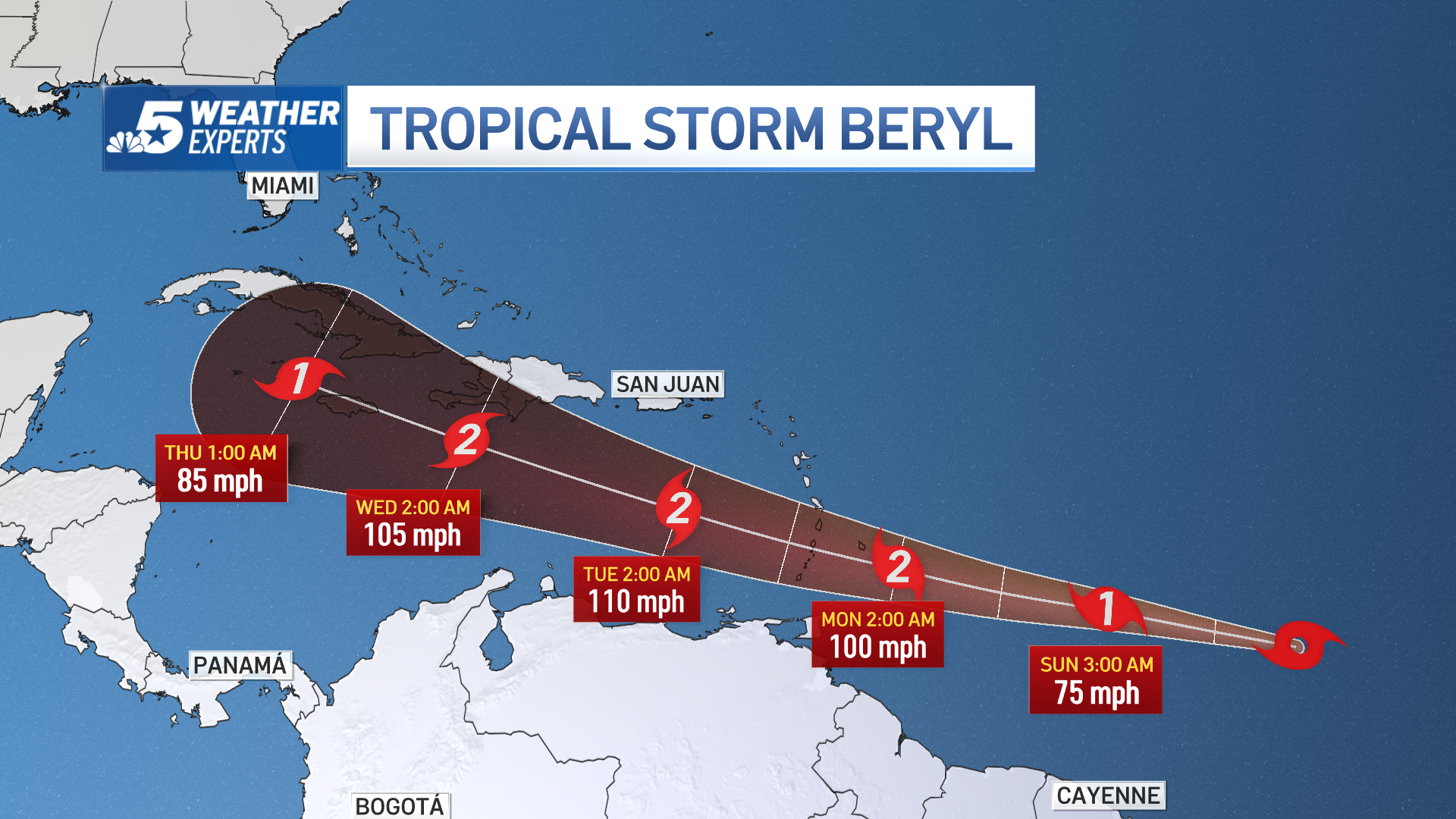STAAR test scores out Friday show small gains in some districts, but overall the results show not much change in how students are performing.
Is that really the case?
Some superintendents say new grading practices for the test, handed out more zeros to students than ever before, and they want answers.
Urban, suburban, big, small, it doesn't matter where you look...superintendents are all waving the same red flag.
Get DFW local news, weather forecasts and entertainment stories to your inbox. Sign up for NBC DFW newsletters.
"We saw an increased number of zero scores on the open-ended responses. and so that caused us to express some concerns," said Superintendent of Lewisville ISD, Lori Rapp.
Some call it AI, some call it a robot, whatever your preference, it is TEA's new method to grade STAAR electronically and superintendents say the grades are surprising.
"The fact that almost 50%, somewhere between 45 and 50%, depending on the grade level, are scoring zeros," said Dallas ISD Superintendent, Stephanie Elizalde.
Local
The latest news from around North Texas.
Almost half the students in Dallas ISD got no points for anything they wrote. School leaders say something's not right there.
"We have strong concerns about the automated engine. And we have strong concerns about adequate time for preparation," said Rapp.
TEA shared the data.
There are increases in the number of students getting zeros this year compared to last, but a spokesperson told us:
"The zero-score increase is unrelated to automated scoring. The increase can be correlated to the grading rubric.
"Under the previous rubric, if a student attempted an answer to a writing prompt, the student would get a score above zero as long as they provided some kind of response Now, even if the student provides a grammatically perfect response, if the response is off-topic, it is scored a zero."
TEA said if there's an error, they'll fix it, but right now there's no evidence of a grading problem.
School leaders in Dallas and Fort Worth say whether it's the AI or the rubric, data from other standardized testing done tell a much different story.
"All the other tests correlate and show that we're growing students more than one academic year and nine months. The one test that didn't correlate exactly was the STAAR," said Fort Worth ISD Superintendent Angelica Ramsey,
New rules not only change how the test is graded, but they require tutoring for low scorers.
Superintendents say they will fight to make sure this test makes sense and is fairly graded before students are forced to take tutoring lessons.



